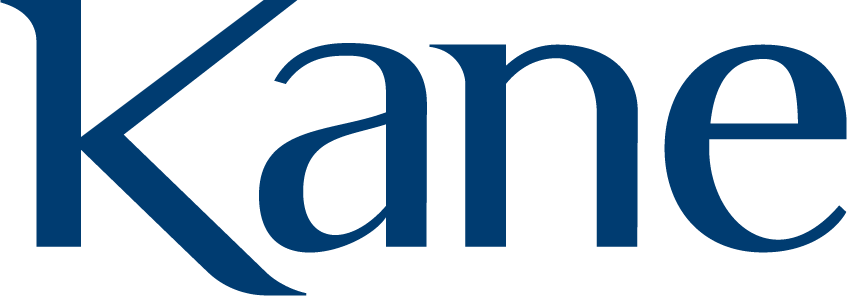Engaging and Retaining Your Gen Z Employees
Globally, professionals of all levels continue to feel the repercussions of COVID-19. Everyone was impacted by the pandemic in some way, and the youngest generation of employees is still reeling from a turbulent beginning to their careers.
When the oldest members of Gen Z (18-29-year-olds) entered the workforce, the world was still dusting off the impact of 2008’s Great Recession. Roughly a decade later, this generation would be hit with the second, yet far worse, crisis of their lives in 2020. Gen Z’s youngest members, still finishing school or searching for entry-level positions, would never know a working world without feeling the effects of both of these events.
As a Kane communications associate and member of Gen Z, I was lucky enough to finish college before the pandemic but still felt its effect when I entered the working world. There are millions of other students and young professionals who are also navigating a post-pandemic world, but their ambition and talent remain. Additionally, they are being selective about the companies with which they work and are eager to find an organization that stands for the same causes they’re passionate about.
“The pandemic sapped younger generations’ optimism but not their drive to compel real change in society and business.” - Deloitte Global 2021 Millenial and Gen Z Survey
The effects of a rocky beginning to their professional lives have left many members of Gen Z spinning their wheels as they determine what kind of position will set up a positive trajectory for their career. Meanwhile, many employers are perplexed as to how to adjust their pre-pandemic work structure to not only retain their senior-level employees but attract a fresh talent pool, as well.
According to the 2021 Kane Insights Report, nearly half (46%) of 18 to 29-year-old women working in Wisconsin do not feel their employers value women as equally as men. That’s 20 percent higher than what women ages 30+ reported they felt. Acknowledging these sentiments, here are a few ways to harness the potential of this generation and create roles within your organization to both contribute to your purpose-driven mission and create a space for younger generations to grow their skillset.
Establish transparent and open communication
Entry-level employees, especially in large corporations, often feel the gap between their role and the C-suite team members. The Kane Insights Report found that Wisconsin’s Gen Z women are twice as likely as the average to strongly disagree that their supervisor keeps them informed. When lines of communication are not clear, it is challenging to understand how one’s role fits into the company’s larger purpose. This transparency is something that Gen Z longs to see from their companies.
One way to engage employees from every experience level is to have frequent team meetings and supervisor check-ins, where team members are welcome and encouraged to give transparent, honest feedback about their experience with the company. Creating a consistent feedback loop keeps young employees informed, and allows them to share their opinions on workplace developments.
Find new ways to network
While Gen Z women value a flexible schedule and embrace working remotely, they also recognize that this has made networking more challenging. The days of running into colleagues in the break room or meeting up with a new connection for coffee are less frequent than they used to be. Consider organizing a reverse mentoring program — where an entry-level employee mentors a senior-level employee about what they’ve learned or something they are passionate about. Whether your organization is fully remote, in the office or somewhere in between, establish designated time for connection and professional development.
Ensure Your Brand Is Purpose-Driven
Integrating purpose into your organization’s mission is no longer optional. New generations of talent want to know they are making an impact at every level of their career. Consider issues that Gen Z cares about, such as the environment and social equity, and provide opportunities for them to get involved with these causes. Ensure these programs are authentic and inclusive, with standards for accountability in order to build trust and track progress.
Summary
No generation before me has avoided a global or national crisis, and neither has mine. Adapting to challenges and growing within the chaos is part of the human experience. The more flexible and resilient young professionals and their employers can be when these challenges arise, the easier it will be for their purpose to reverberate throughout their company and industry.
Looking for how to engage with your Gen Z talent pool? Schedule a consultation.
